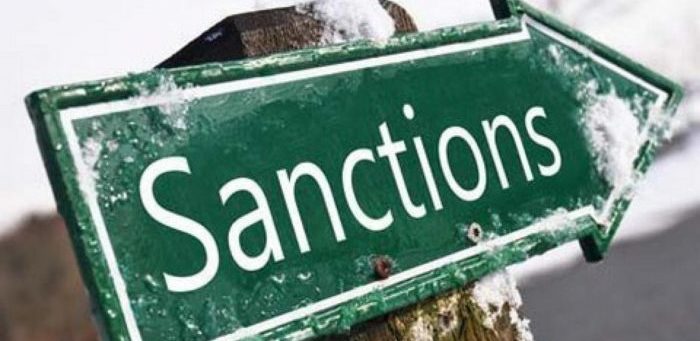The US strengthens sanctions policy, EU prepares fourth sanctions package
 The situation got worse
The situation got worse

As predicted, Belarus is entering another round of crisis in relations with the West.
On April 19, the US Treasury Department reimposed previously suspended sanctions against nine Belarusian petrochemical enterprises: Belarusian Petroleum Trading House, Belneftekhim, Belneftekhim USA, Belshina, Hrodna Azot, Hrodna Khimfiberno, Lakokraska, Naftan, Polotsk Fiber.
The story of the restoration of ambassadorial level diplomatic relations between Belarus and the United States has come to its logical conclusion. On April 21, Lithuanian Deputy Foreign Minister Mantas Adomenas stated that the United States had asked the Lithuanian government to temporarily host Julie Fisher, the US Ambassador-designate to Minsk, due to the Minsk authorities declining to issue a Belarusian visa. As Belarusian Foreign Minister Vladimir Makei explained earlier, Minsk wants to “have full clarity on the status in which the appointed ambassador intends to work in Belarus. If she is going to come and make statements about the illegitimacy of the regime, then what is the point of doing it?”
It appears that after Washington did not confirm its intention to present credentials to Lukashenka and decided to reimpose sanctions, Minsk abandoned the idea of allowing the ambassador-designate to enter the country. If Fischer shows active support for the Belarusian opposition in Lithuania, Minsk could withdraw its agreement entirely; however, the status of ambassador-designate is entirely a matter for the appointing country, not the host.
On April 20, speaking at the opening of the 9th session of the Parliamentary Assembly of the Eastern Partnership (Euronest), the representative of the European External Action Service Luc Devigne said that the European Union is preparing a fourth package of sanctions against Belarus. It is not yet known when this will take effect. Previously, it was reported that this could happen as early as January, but the date has constantly shifted.
Belarusian counter-sanctions against Western firms are materialising in response. On April 23, the government established a list of goods banned for import and sale in Belarus. The list of prohibited items includes the products of the corporate groups: “LIQUI MOLY”, “SKODA AUTO” and “BEIERSDORF” (in particular, the Nivea brand).
The escalation of conflict between Belarus and the West thus continues, and the lowest point of the trough is not yet visible.
Subscribe to our newsletter




Situation in Belarus
Constitutional referendum: main consequences


 Video
Video
How to count the political prisoners: are the new criteria needed?


 Video
Video
Paternalism In Decline, Belarusian Euroscepticism, And The Influence Of Russia


 Video
Video












